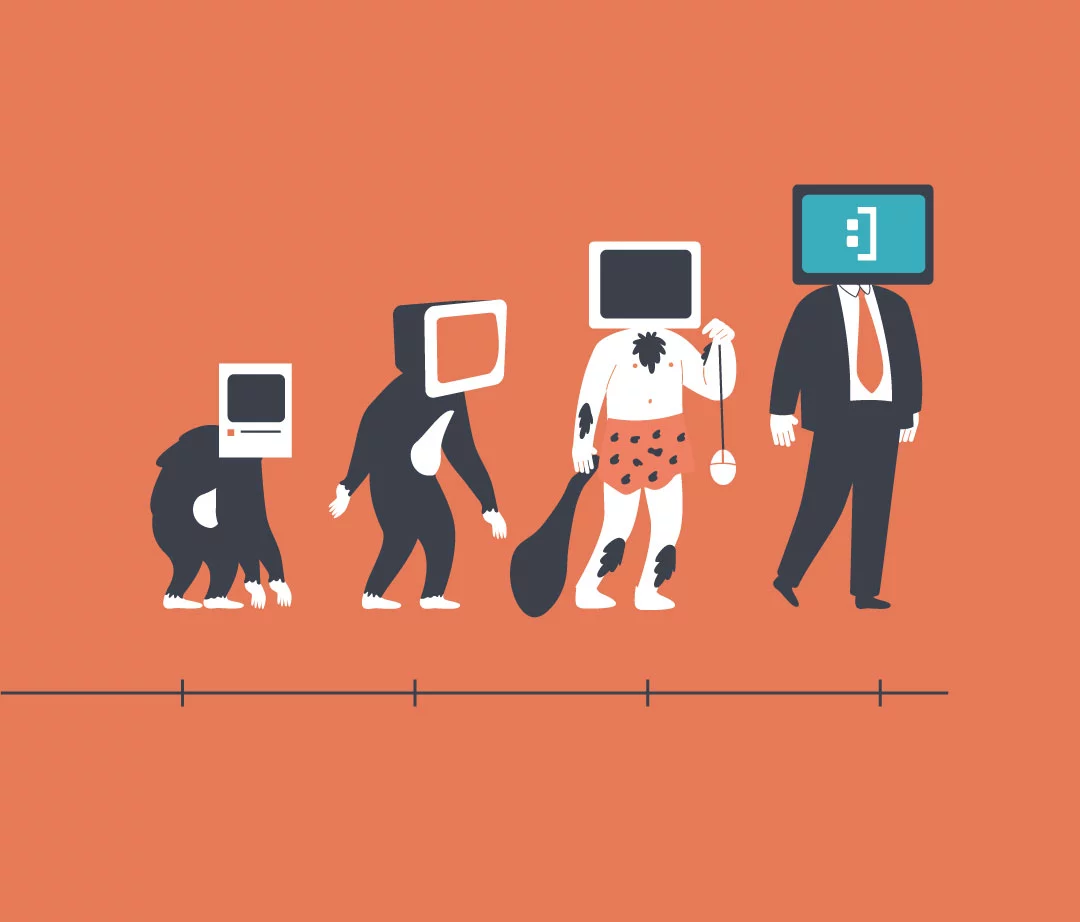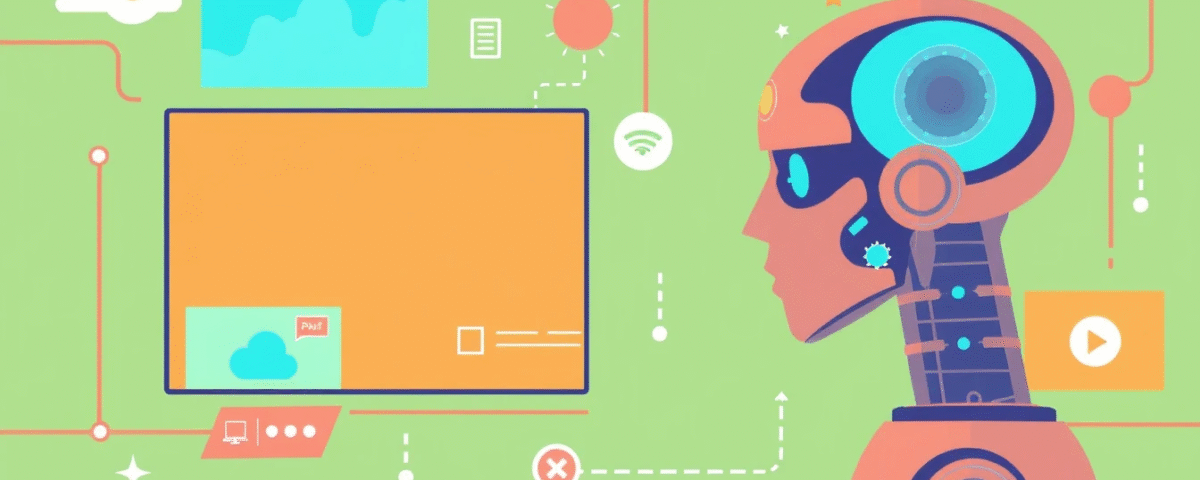
Is AI Content Generation Replacing Writers? Let’s Talk
June 6, 2025
Stop Overspending—AI Content Generation Is Smarter
June 11, 2025Modern workflows face increasing pressure to be faster, smarter, and more efficient. With growing content demands across industries, traditional methods of content creation often fall short. AI content generation tools are stepping in to streamline these processes, providing organizations with a way to create high-quality content faster and more strategically. In this article, we’ll explore how artificial intelligence is transforming workflows, with a special emphasis on AI Marketing and the generation of high-converting B2B leads.
Understanding AI Content Generation Tools
AI content generation tools use artificial intelligence to automate and enhance various aspects of content creation. These tools leverage natural language processing (NLP), machine learning algorithms, and big data to produce written content, from blog posts to ad copy. Popular platforms such as ChatGPT, Jasper, and Copy.ai exemplify how AI can support marketing strategies, ideation, and content scaling.

The Evolution of Workflows in the Digital Age
Over the last decade, businesses have shifted from manual, siloed workflows to integrated, automated systems. Digital transformation paved the way for artificial intelligence to become a key player in optimizing operations. Content, being a critical asset for marketing and communication, has particularly benefited from this evolution.

Benefits of Integrating AI into Content Workflows
AI empowers teams to create content at scale with improved accuracy and speed. It helps marketers brainstorm creative angles, draft compelling messages, and optimize content for specific audiences. This efficiency translates to cost savings and the ability to focus human efforts on strategy and analysis rather than routine production tasks.
Use Cases by Industry
AI-driven content generation is not limited to one domain:
- Marketing and Advertising: Personalized email campaigns and landing pages
- E-Commerce: Scalable product descriptions and customer reviews
- SEO and Blogging: Keyword-enriched articles and on-page optimizations
- Customer Support: Dynamic FAQ generation and chatbot content
These tools are particularly impactful in AI Marketing strategies, where fast, relevant, and data-driven messaging is crucial.
AI Content Tools vs. Traditional Methods
Traditional content creation methods rely heavily on manual labor, which can be slow and inconsistent. AI tools, in contrast, provide rapid content output, maintain brand consistency, and enable scalable content strategies. For teams aiming to generate B2B leads, the ability to deliver targeted messaging at scale becomes a major advantage.
Best AI Content Generation Tools in 2025
Some of the leading tools making waves in 2025 include:
- ChatGPT: Versatile and context-aware content creation
- Jasper: Specializes in marketing content and conversion-focused copy
- Copy.ai: User-friendly with a wide range of templates
- Writesonic: Emphasizes SEO optimization
Each tool has its strengths and is suitable for different content needs, from blog creation to AI Marketing automation.

Workflow Automation with AI Tools
AI tools integrate seamlessly with platforms like Notion, Zapier, and Make (Integromat) to automate content calendars, distribute content across channels, and sync with CRM systems. This kind of automation ensures that content is delivered to the right audience at the right time, improving lead nurturing and conversion tracking.

Enhancing Collaboration and Team Productivity
AI doesn’t replace human creativity—it augments it. Teams can collaborate more effectively when AI handles the routine tasks. AI-assisted editing, grammar checking, and real-time suggestions empower content creators to produce better results in less time, enhancing overall team output.

Ensuring Content Quality and Authenticity
Despite automation, maintaining content quality is paramount. By incorporating human-in-the-loop models, teams ensure that AI-generated content aligns with brand guidelines and tone. Tools that offer plagiarism detection and source validation help safeguard authenticity and integrity.

SEO Optimization with AI Tools
SEO is at the heart of digital content strategy, and AI makes optimization easier than ever. These tools analyze top-performing content, suggest keyword placements, and offer readability improvements. This functionality is vital for driving organic traffic and building authority in competitive spaces like AI Marketing.

Ethical Considerations and Responsible Use
As with all technologies, AI content generation comes with ethical responsibilities. Teams must ensure proper attribution, avoid misinformation, and be transparent about AI involvement in content creation. Addressing potential biases in generated content is essential to uphold fairness and credibility.
Future Trends in AI-Powered Content Workflows
Looking ahead, we’ll see greater integration of multimedia content generation—AI that produces videos, infographics, and interactive experiences. Predictive analytics will enable content personalization at scale, offering B2B leads tailored journeys that match their specific needs and behaviors.
Case Studies of Successful AI Workflow Integration
- Startup Case: A SaaS startup used Jasper and Notion to produce weekly blog posts, tripling its organic traffic in three months.
- Enterprise Case: A Fortune 500 company integrated AI into its global marketing team’s workflow, improving time-to-publish by 60% and increasing B2B lead engagement rates.
These examples highlight the tangible ROI of smart AI integration.
Getting Started: Tips for Smart AI Workflow Adoption
To start your journey:
- Assess your current workflow gaps
- Choose tools based on your content objectives
- Train your team to collaborate with AI, not fear it
- Set measurable KPIs, such as lead generation, content output volume, or SEO rankings
Adoption works best when combined with a mindset shift toward innovation and experimentation.
Conclusion
AI content generation tools are revolutionizing how businesses operate, especially in content-heavy industries like marketing and sales. By enabling smarter workflows, these tools offer scalability, consistency, and enhanced creative potential. For businesses looking to improve efficiency, capture more B2B leads, and stay ahead in the digital race, adopting AI-driven content strategies is no longer optional—it’s imperative.


